Sustainability Reimagined
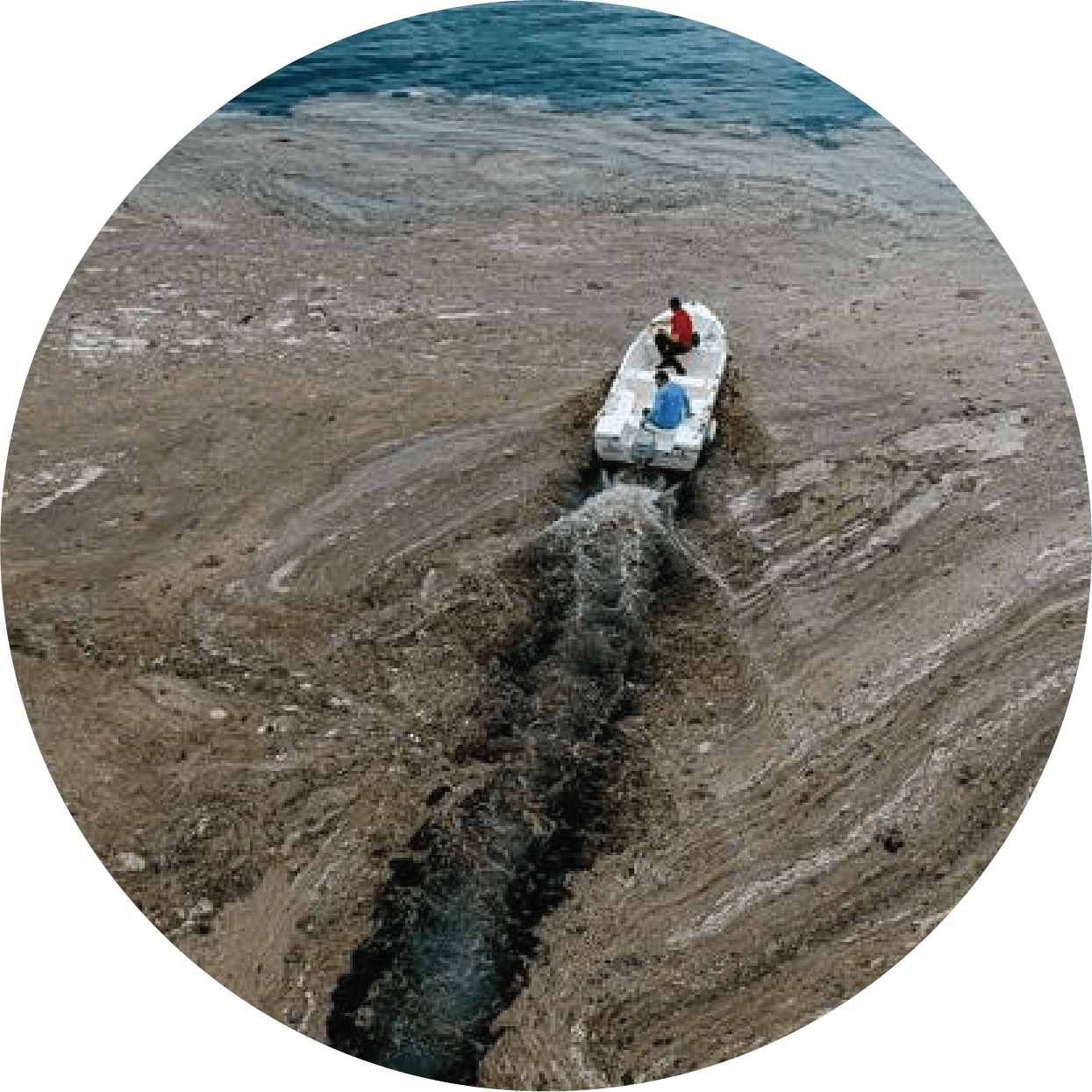
for organisations that need keep our seas clean and clear
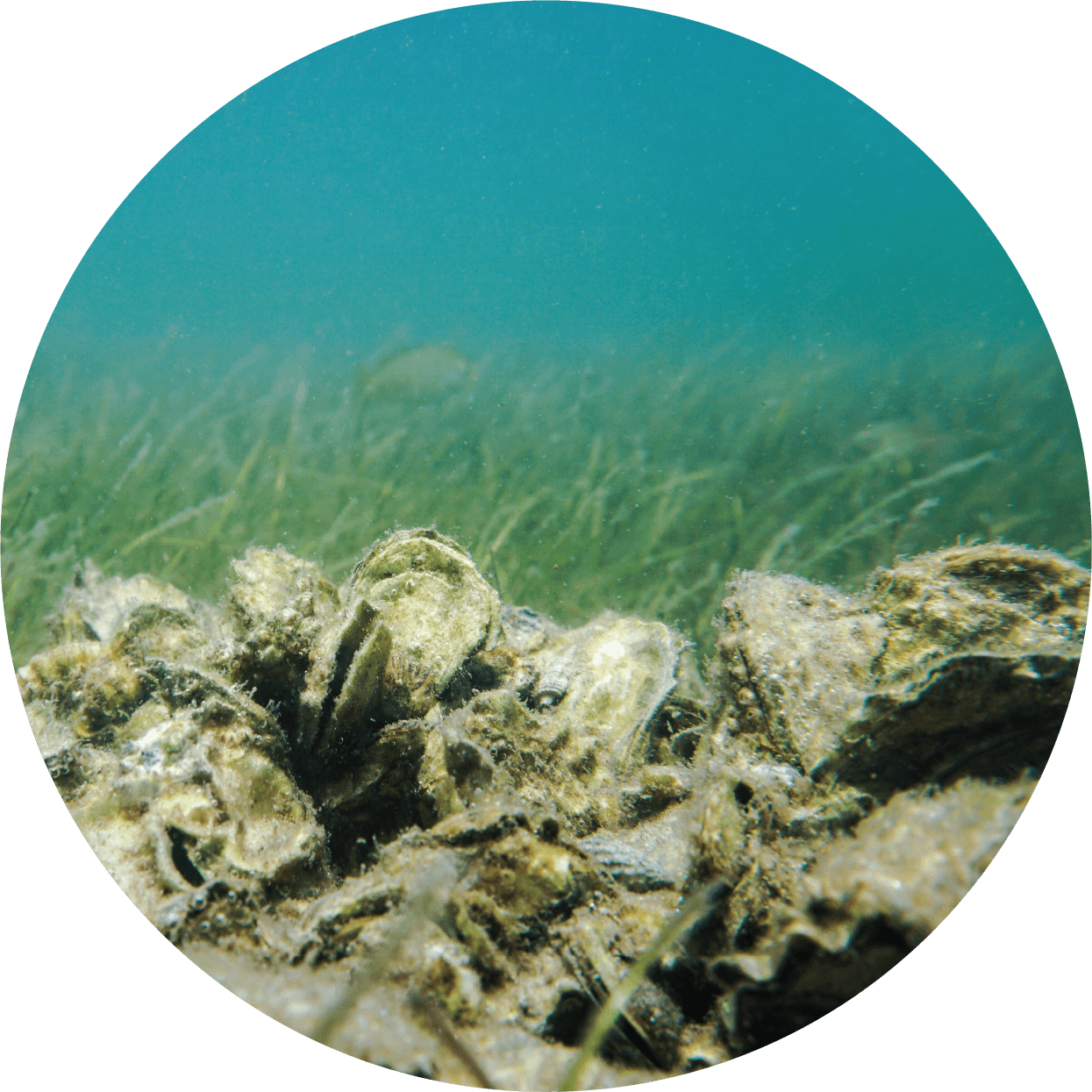
for organisations that rely on a healthy fish population for their ingredients
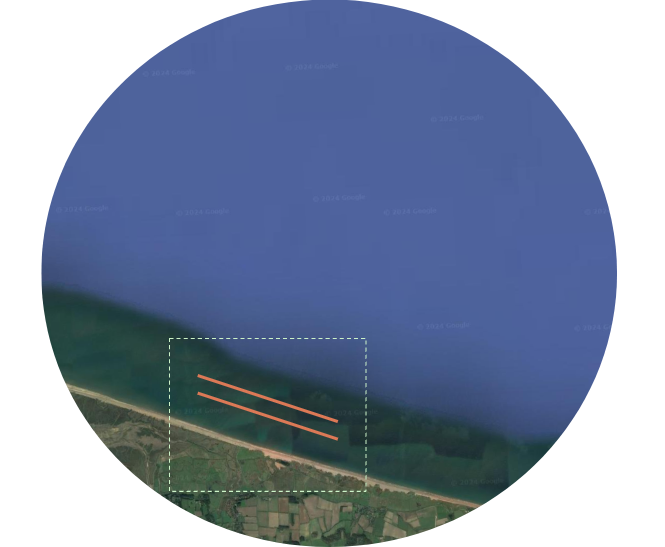
for organisations that need to protect a coastline from erosion and flooding
Oysters are a powerful species that generate biodiversity and play a key role for the environment. Not only that, but just like trees clean our air and capture carbon dioxide, oyster reefs clean the oceans and remove excess nitrogen from the water.
Today, oysters are in danger of extinction and only 15% of oyster reefs remain. Let’s give them a helping hand.
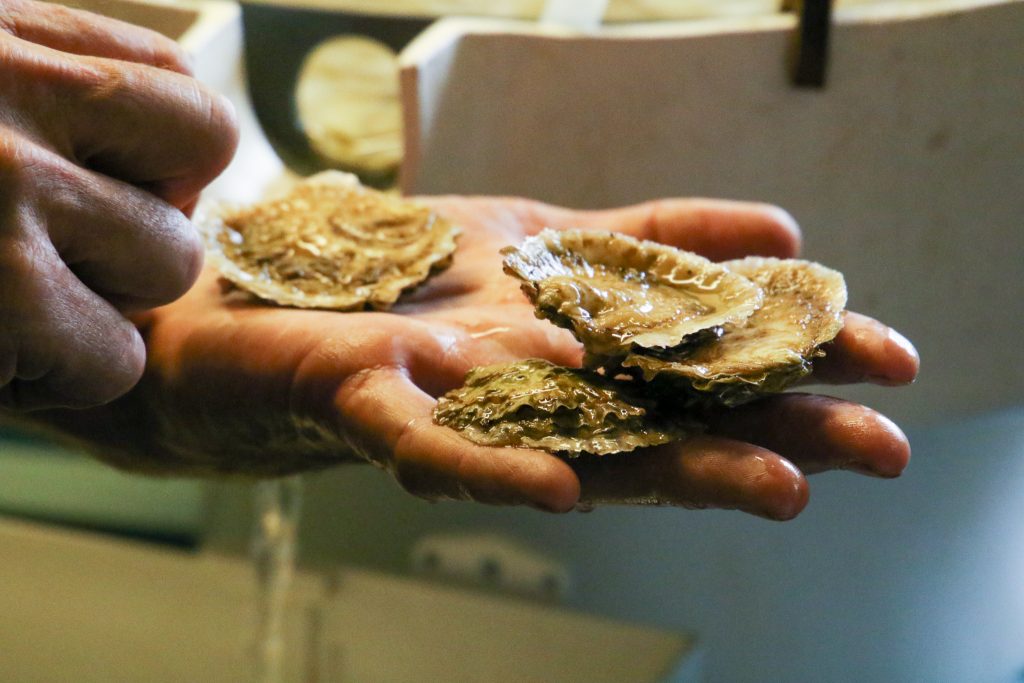
Yes, you read correctly…
Globally, only 15% of the oyster reefs remain
We care about our oceans as much as you do. Marine ecosystems play a vital role for the environment and over the last decades we’ve destroyed a big part of them.
Today, we understand this has to change. Reducing the environmental footprint of our society is the first step. But there’s much more we need to do to restore ocean health, and nature has the perfect ally for that: oyster reefs.
We’re bringing oysters back into the oceans by providing them with a new home, the Mother Reef bricks: a natural, cost effective, climate friendly and biodegradable artificial reef that will cover the deserted sea floor.
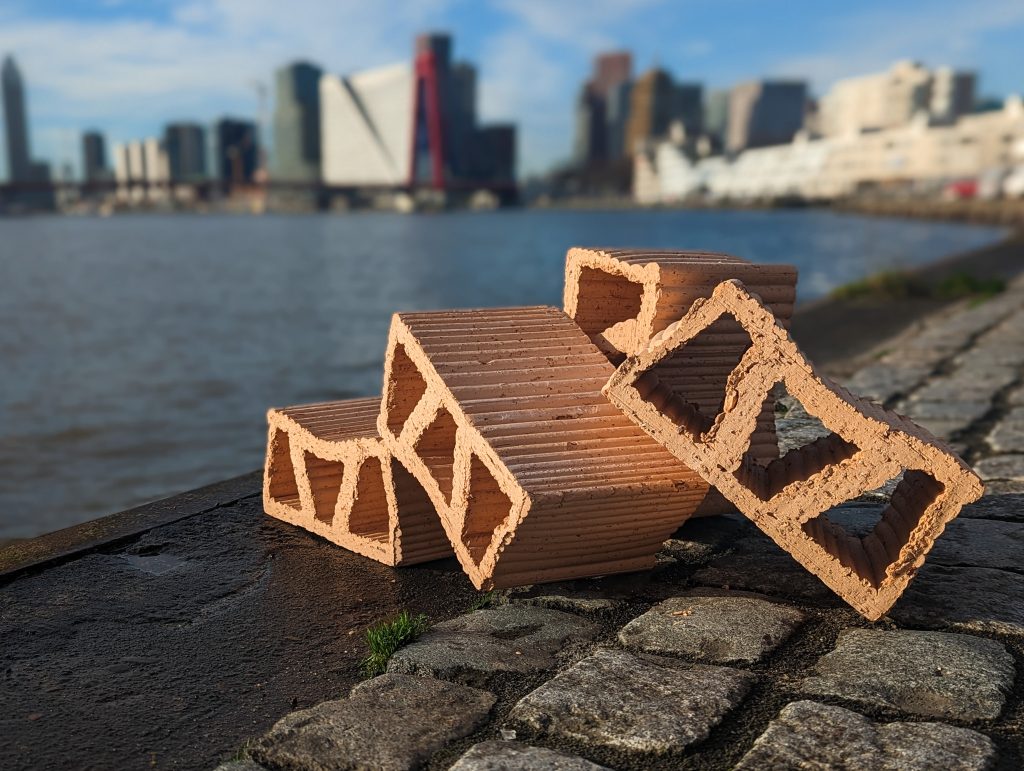
Mother Reefs covered with spats and baby oysters:

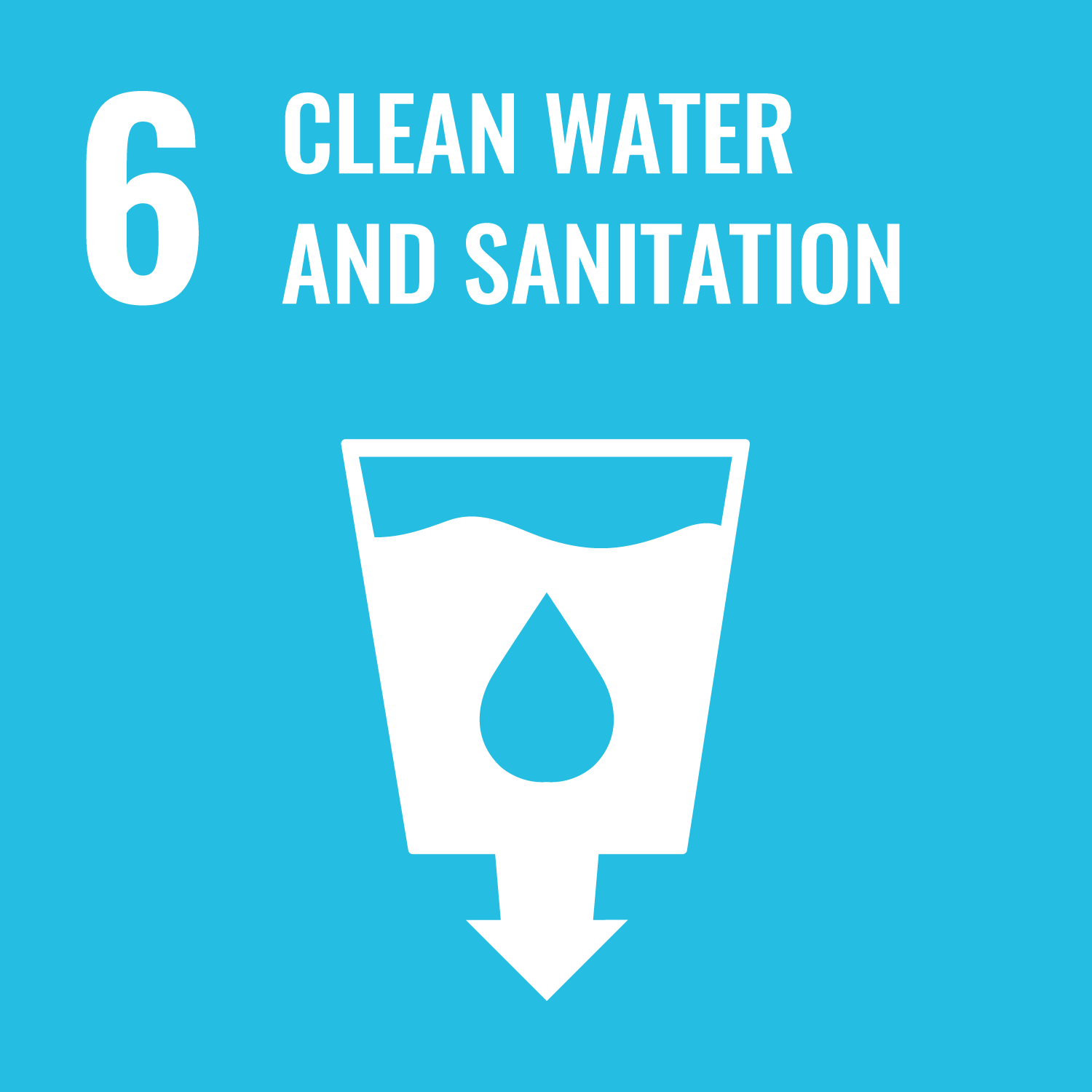
Filtering 1.6 billion liters of water per day - 640 olympic swimming pools per project
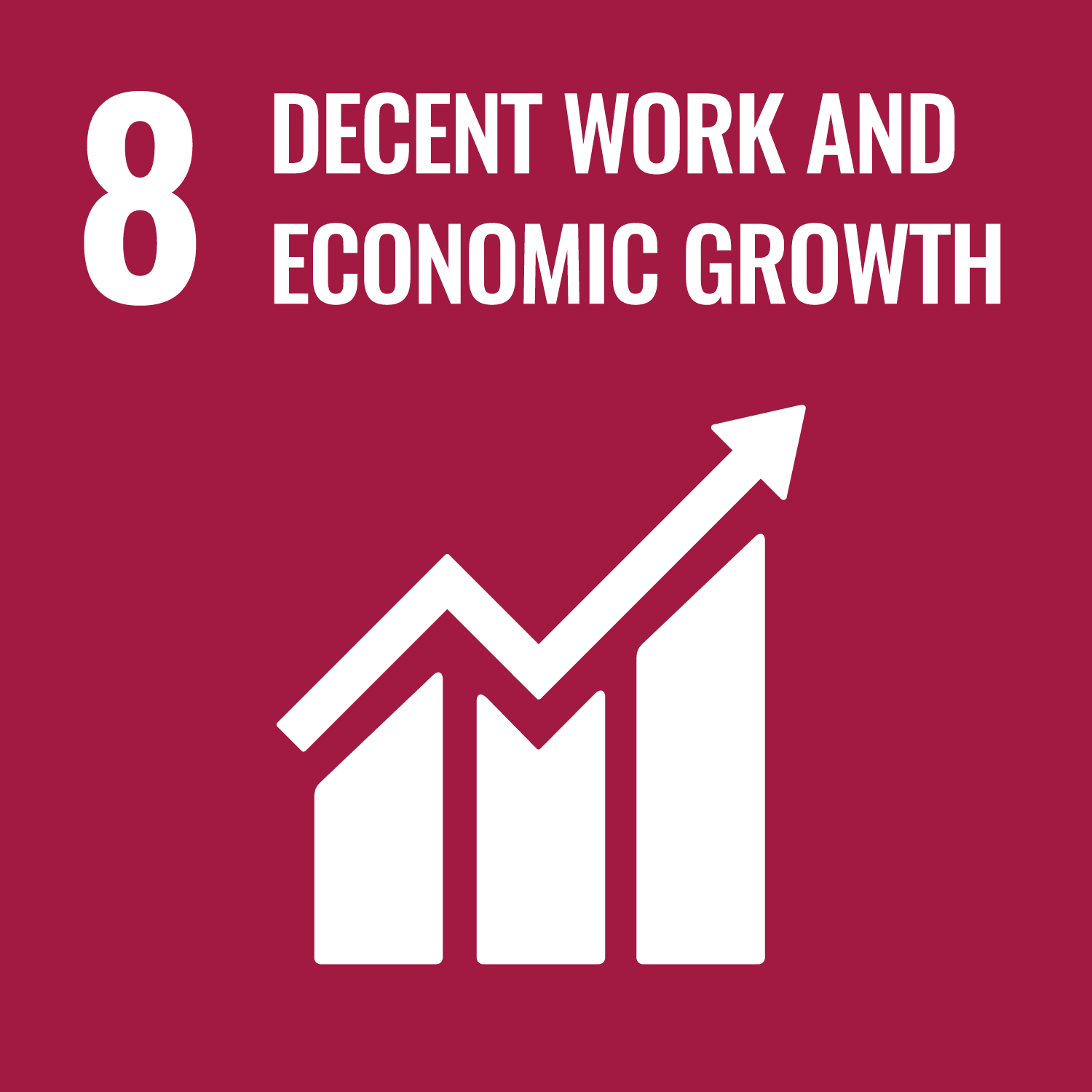
10 new seasonal jobs for fishermen and coastal communities
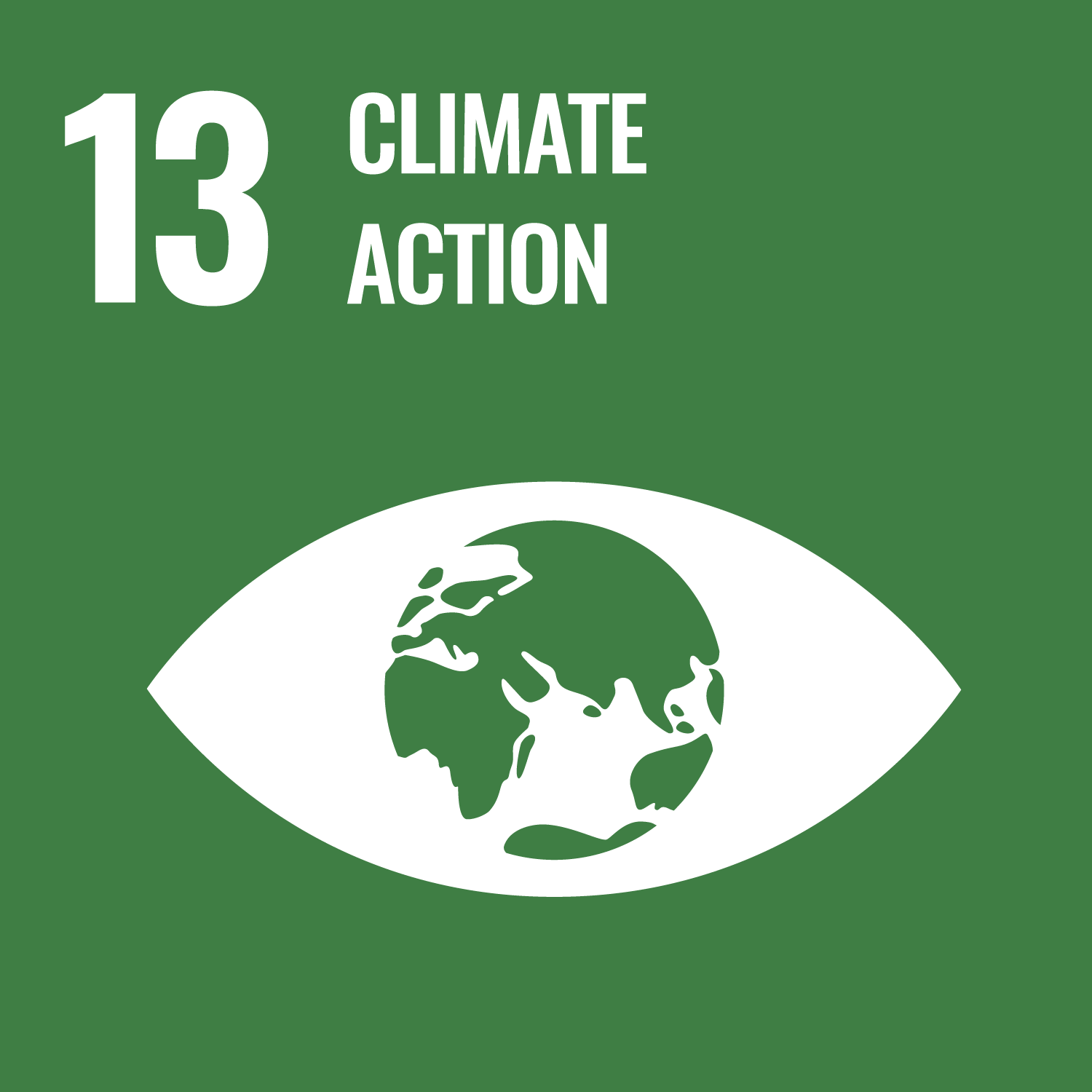
Managing 2.5 tonnes of nitrogen a year with an estimated 100-900 tonnes of carbon stored in shells, living biomass and additional nitrous oxide impact (not all verified pathways)
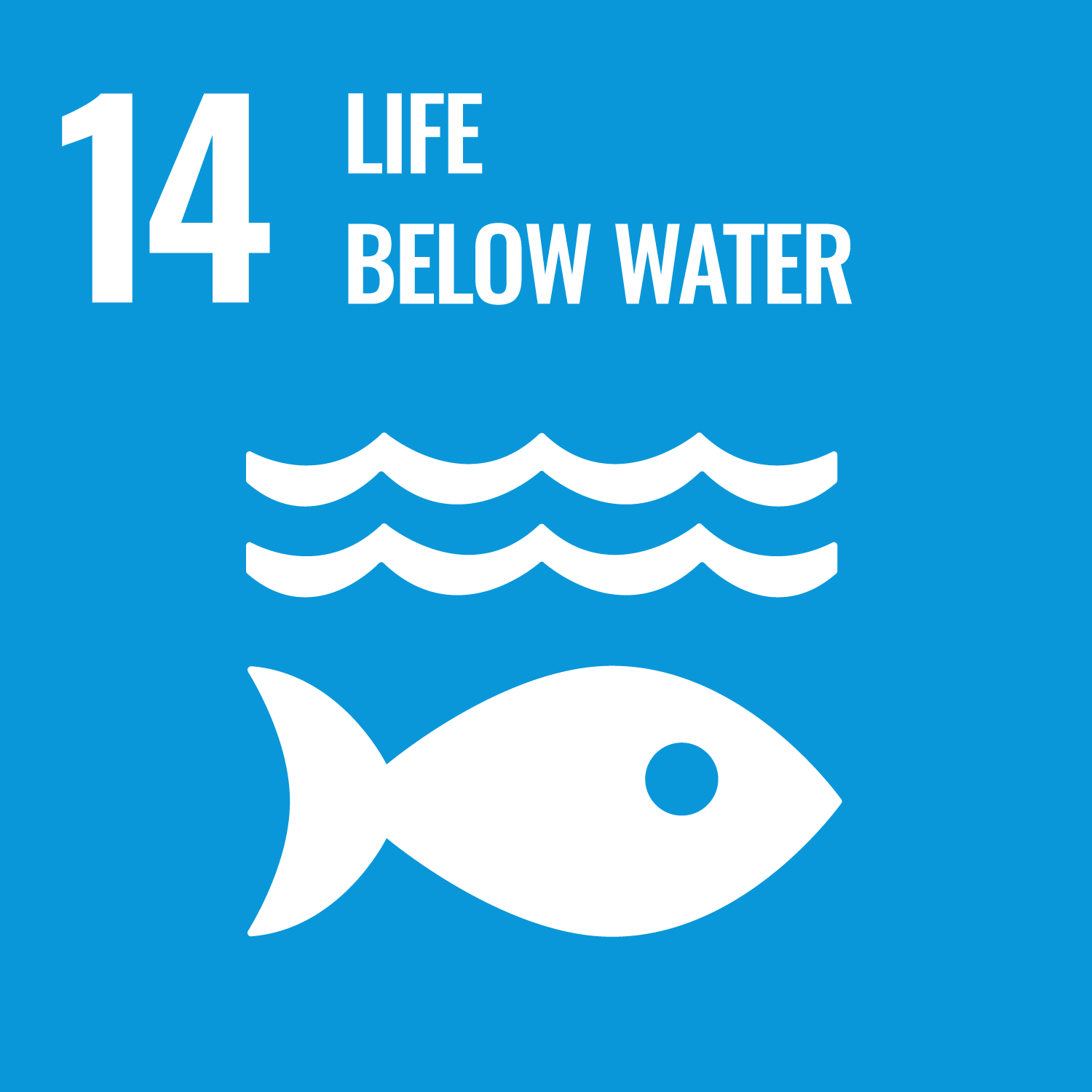
8 million Oysters and 375 million new swimming creatures weighing 500 tonnes from almost 500 species per project

Improving feeding habitat of more than 20 wading bird species including those of international importance